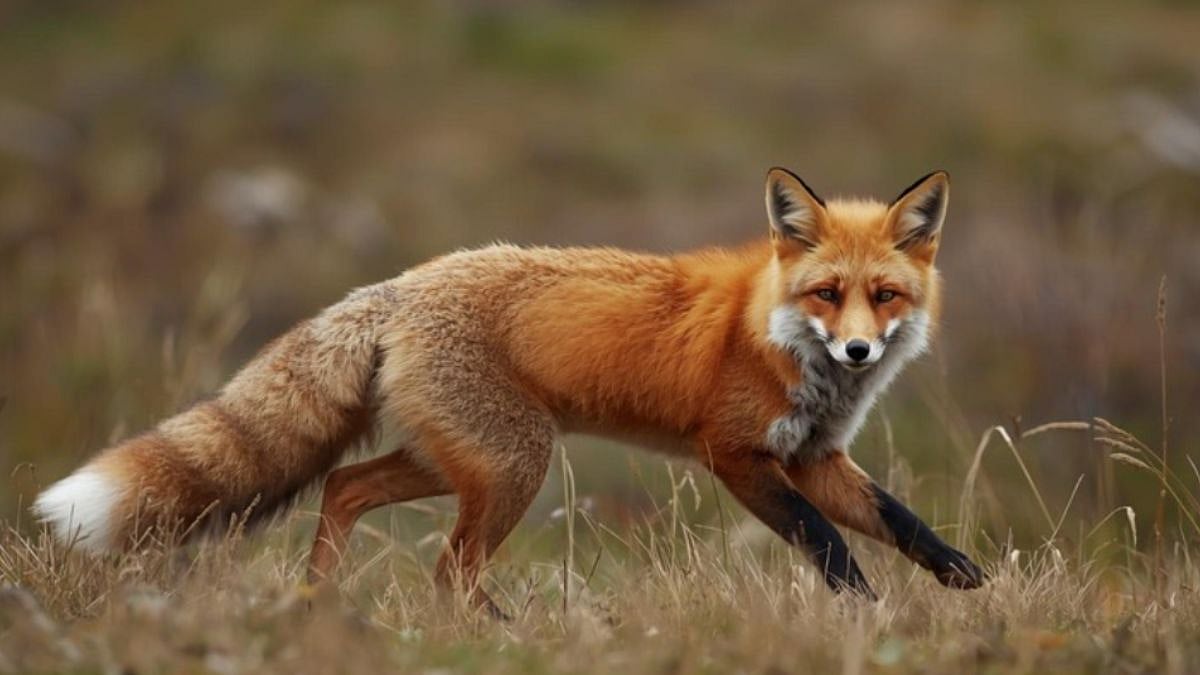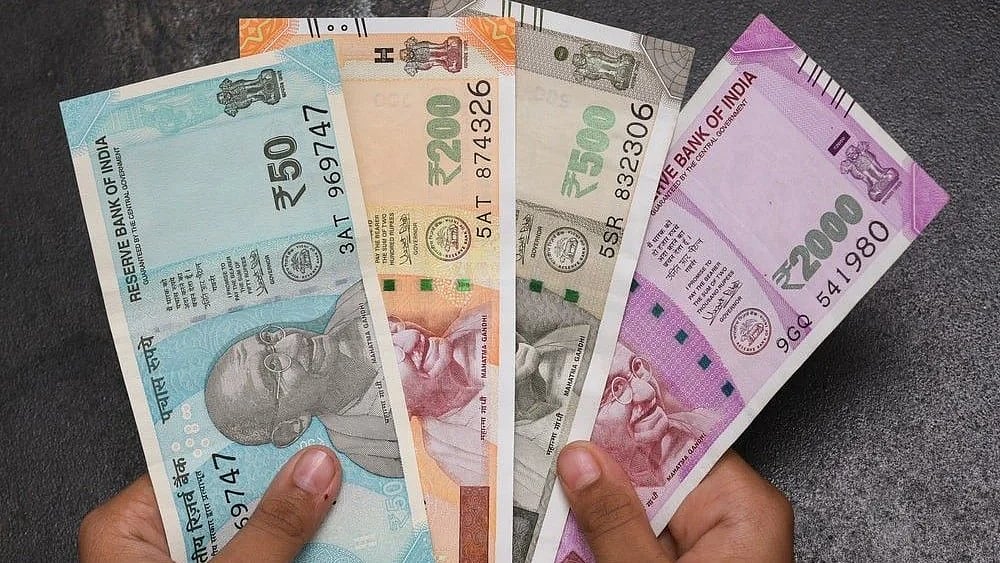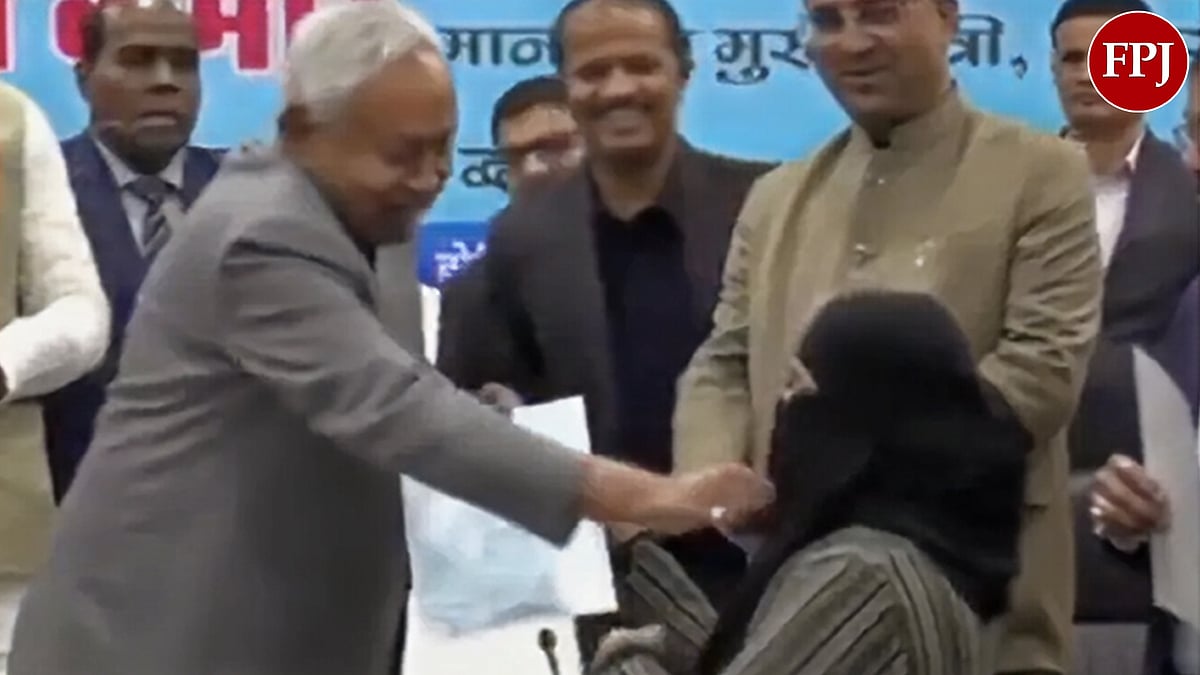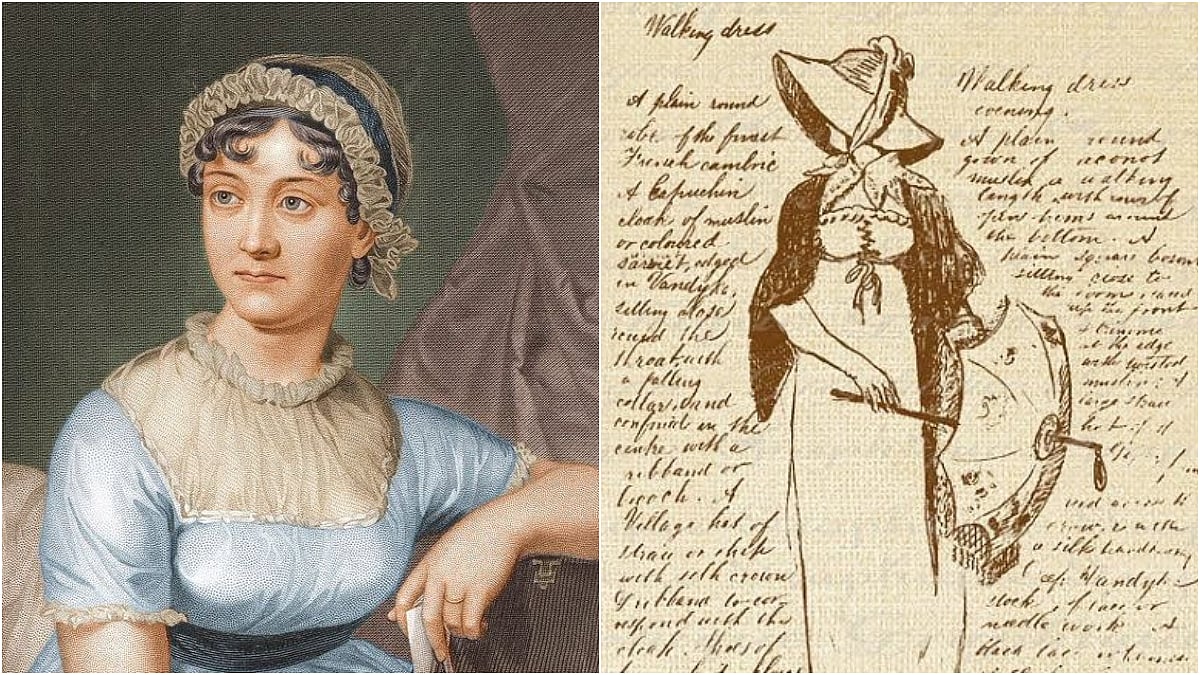‘Russia launches invasion of Ukraine’, screamed a BBC headline a few hours ago. President Putin has bitten the bullet and is likely to do bolder things in the next few days. Those who believed that he would not dare walk into Ukraine have been proved wrong. These pundits, who naively believed that the might of a united west would deter him from what they considered was a misadventure, have been forced to eat humble pie.
Putin is no dud or amateur in a world that is constantly rocking in favour of the bold. Prime Minister Narendra Modi and Putin share a few traits, chief of which is their ability to plan and execute at the right moment. When it comes to national interests, international opinion matters little for the two remarkable leaders of our times. You may like to brand them ‘ruthless’, but that oft-misused expression conveys only half of what they stand for.
Ukraine has happened despite the many recent telephonic conversations between Presidents Joe Biden and Vladimir. During these significant exchanges, Putin reportedly demanded the non-expansion of NATO and a few related security guarantees by the US to Russia.
No doublespeak
Contrary to the projected polemics, the occasions did not produce any dramatic change in perceptions of either side. They turned out to be an insipid proclamation of what each leader stood for. Whatever you may accuse Putin of, he cannot be charged with doublespeak. For quite some time, he was clear that Ukraine was an eyesore on the map of Europe and was determined to wipe it off the map of Europe.
We cannot underestimate what Putin has further up his sleeve. Undoubtedly the ‘invasion’ - a misnomer, if you go by Putin’s claim that Ukraine was never a political entity apart from the Russian Federation - has surprised the west, which naively believed that he would not cross the Rubicon. The west must be frustrated that apart from imposing a few sanctions, it can do very little to ‘discipline’ Putin, who has never portrayed signs of confusion. He is determined to march on despite threats of annihilation hurled at him by President Biden and his ilk.
Following the few virtual summits with western leaders until a few weeks ago, the US invited Russia to direct talks. This effectively put Russia once again on the global high table. Putin has been quick to flaunt his country’s strategic relations with that other global economic, technological and military power – China - with which it shares a 4,200km peaceful border. Since the last conflagration in 1969, when the Soviet Union and China were on the brink of an all-out war, relations have been peaceful, businesslike and quiet. This axis is deadly, stretchable and demonic.
Lone superpower
The US has been the lone global superpower for more than three decades since the dying days of the Soviet Union and the early years of the Russian Federation as its successor state. The Soviet Union was terminally weakened by its war in Afghanistan largely because the United States, through its ally Pakistan, armed the Mujahideen, that led to a defeat of the mighty USSR.
With the collapse of the USSR, there was no second super power and the Non-Aligned Movement of 120 states led by India also came to a silent death. To the discomfort and protest of many of these countries, including India, the US launched several wars and regime changes which destabilised global security. The US continued to support and prop up subsequent military regimes in Pakistan and turned a blind eye to terror outfits that waged a proxy war on India. The prospect of a new multi-polar world seemed distant with growing American power, until now.
Dramatic change in 2014
All this has changed dramatically. After an absence from the global stage for nearly 15 years, Russia swallowed up Crimea in 2014, which was a part of Ukraine but had more than 90 per cent of ethnic Russian population that voted overwhelmingly to join Russia when the west caused a regime change in Ukraine that brought anti-Russian nationalists to power.
Russia did not pay any heed to western objections and sanctions and completed the integration of Crimea into the Russian Federation. Then Russia intervened militarily in Syria in 2015 and effectively led the defeat and destruction of the ISIS. Since then Putin has repeatedly warned that Russia will not accept the eastward expansion of NATO, the strongest military bloc in the world.
Push for eastward expansion of NATO
Joe Biden undoubtedly leads the most powerful military bloc in the world, with annual budgets of more than US$ 810 billion. That is half of the Russian GDP. The US and its military allies have a population of more than 900 million. In comparison, Russia has an annual military budget of less than US$ 65 billion and a population of less than 150 million. 30 NATO countries spend nearly 25 times more than Russia on military. Because of this seeming imbalance in power, western strategists have continued to push for an eastward expansion of NATO.
Interestingly and much to the dismay of the west, just when the NATO and US march into Ukraine seemed unstoppable, Putin threw down the gauntlet. He amassed more than 75,000 troops along the Ukrainian border and Western intelligence predicted an all-out invasion. Military analysts predicted that Russia could achieve complete military supremacy within weeks in the event of a war.
Putin has now crossed the red line, and has mobilised his forces efficiently, strengthening the perception that he will not bow down to Western blandishments. He is now widely looked at as a strong global leader who cannot be taken for granted, one who is capable of springing surprises and causing tectonic shifts in the global order.
Growing Russian aggression
His aggression in Ukraine comes not very long after his success in Afghanistan, where he played his cards extremely well, while the Americans were making a chaotic withdrawal and India was losing all the diplomatic ground and presence it had built over 20 years. It suddenly became obvious that the Russian military effectiveness seen in Syria, Georgia and Crimea could be fatal for Ukraine if Russians were pushed too far and into a corner.
It is now abundantly clear that western assurances about sanctions are useless for Ukrainian security in the face of a very confident and modern Russian military aggression. Russia has explicitly threatened the use of tried and tested “military-technical means” to ensure the security of ethnic Russians and protect Moscow from the deployment of short-medium range missiles in Ukraine by the United States.
Multi-polar era
We can safely conclude that a new era of multi-polarity has arrived. Together with Russia, the emergence of China and India as powers in their own rights is unstoppable, and the United States, despite its military power across the world, is limited in how it can call the shots in regional conflicts. Russian moves have effectively changed the rules of the game and created an opening for a multipolar world so desperately sought by India.
This is a chance and an opening that Indian strategists cannot afford to miss. The Indian response to what has happened in Ukraine is till now understandably muted. Both the US and Russia are our friends. While it is true that we cannot let down or betray either, the history of recent years has unmistakably demonstrated that Russia has been a more loyal friend. It may not be correct to say that Russian friendship is solely dictated by the huge defence purchases that India makes from Russia. The latter has lent us unreserved support on Kashmir while the US has been somewhat dubious.
In the final analysis, we do not expect PM Modi to take sides. Biden is no Trump for Modi to hug and demonstrate their mutual bonhomie. But then the situation is fragile and dynamic. How long can India remain mute is a million-dollar question. We do not however visualise Modi doing anything that will even remotely show signs of any wavering in our support to Putin. What is to our advantage is our geography. A few western sanctions against Russia may hurt us after a month or so. But we may not be so badly hit as to persuade us to change our stance. Even the bitterest detractors of Modi will concede that he has played his cards adroitly.
(R K Raghavan is a former High Commissioner of India to Cyprus. Ajay Goyal is a security analyst based in Europe)









